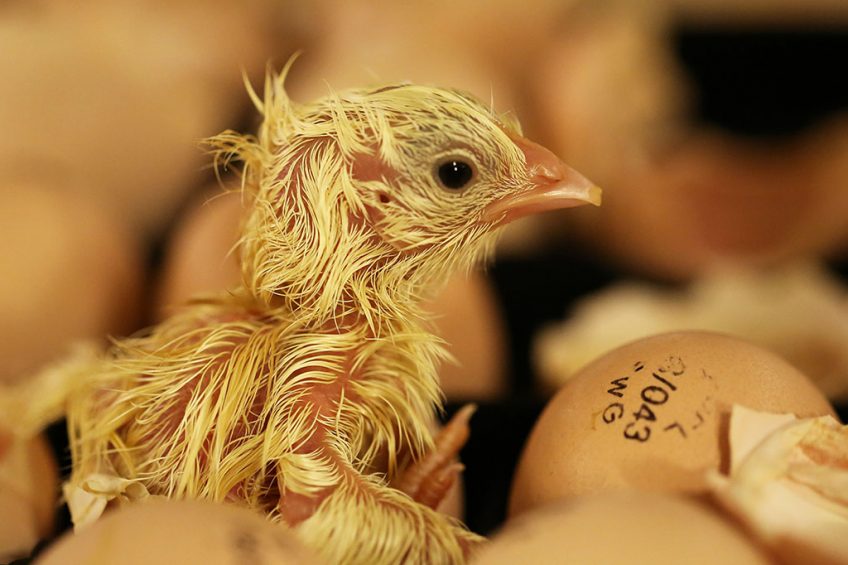Bird flu protests in Bulgaria as WHO issues warning

Bulgarian poultry farmers have taken to the streets to protest against what they perceive to be draconian measures being taken by the country’s food safety agency.
They protested outside the agency’s headquarters in Sofia this week, demanding leadership changes, saying that nearly a million birds had been destroyed since the beginning of the year.
They say that thousands of hatched birds had died because of the “unacceptable arbitrariness and inactivity of the agency,” claiming that the sector is being targeted for obliteration.
Plamen Chelebiev, owner of one of the nation’s leading poultry companies, told Bulgarian National Radio that the agency had lost control of the situation.
22 bird flu outbreaks
“Right now, instead of destroying bird flu, they want to destroy our industry,” he said.
He was backed by Ivan Youchev, co-chair of the nation’s waterfowl farmers’ organisation, who said the agency had no clear rules. Dr Damyan Iliev, agency director, said at a news conference on Monday that the disease was continuing to spread.
“At present, there are 22 bird flu outbreaks in Bulgaria – they were found in 5 poultry farms, 4 backyard farms, one bird in a game farm, and 12 waterfowl farms.
“The disease can be spread in many ways – through transportation, through people and so there is no way we can say that an industrial farms has bird flu just because of a grandmother’s hen house.”
Commenting on the claims of inactivity by the agency, Dr Iliev said the allegations needed to be proved, and if so, the agency would take measures.
He pointed out that farmers from the sector had received compensation totalling 4 million Leva.
Enhanced observation
The Agency said it had implemented a programme for enhanced observation of poultry farms in connection with the latest cases of bird flu, with measures including greater biosecurity on farms, more frequent laboratory control and prevention across the country.
The World Health Organisation this week warned that avian influenza could spread along wild birds’ migration routes this winter, urging vigilance. It pointed to outbreaks in the Russian Federation, saying that between mid-June and October 1 the Federation had reported 80 outbreaks of highly pathogenic H5 virus and one of H5N2 virus among domestic poultry.












